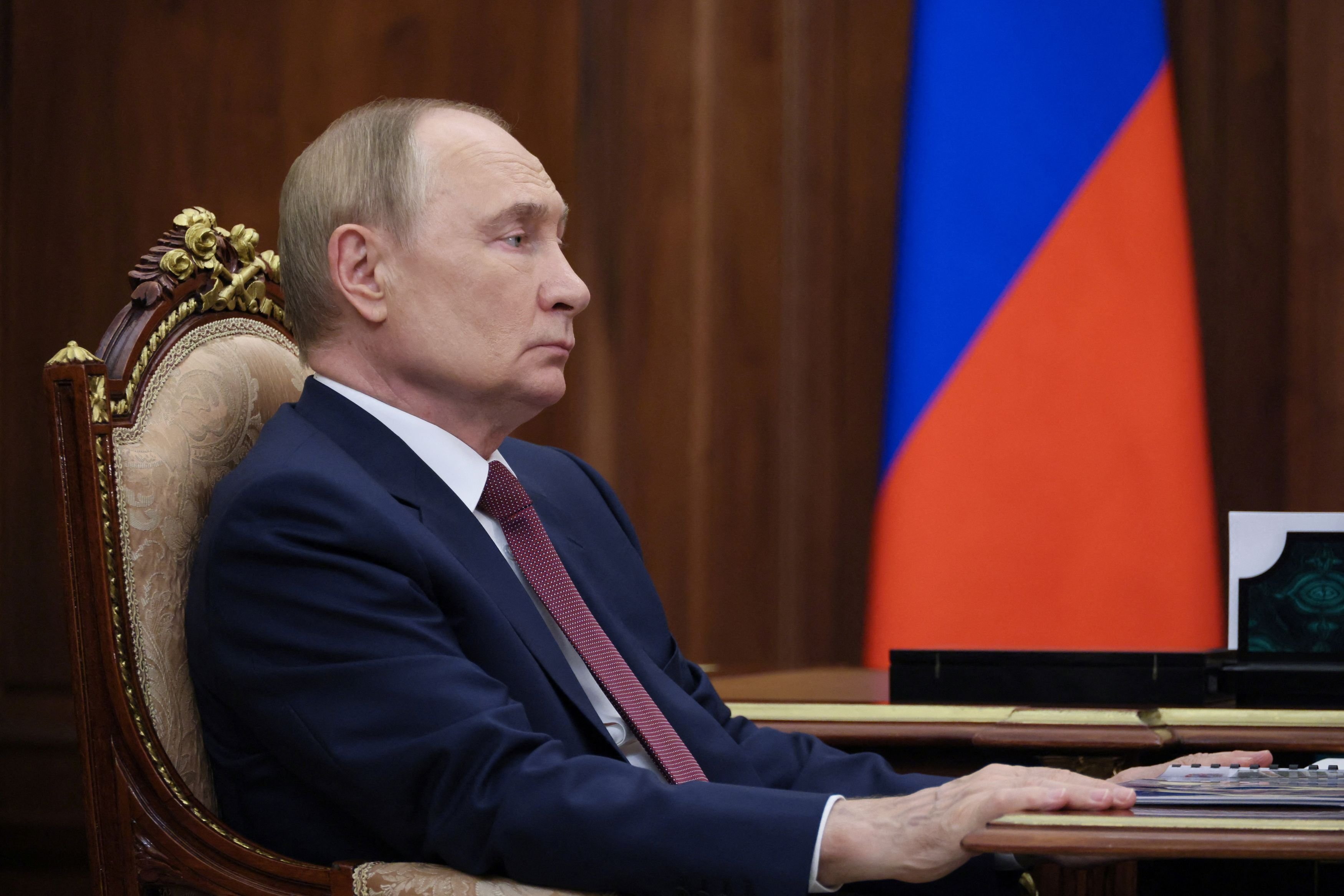
The war in Ukraine seems to make so little sense.
Why did Russia invade Ukraine, at such immense cost? Why won’t Putin make a deal? Why does Donald Trump appear so deferential to Vladimir Putin? Why has he so often withheld the criticism he readily directs at America’s allies?
Theories abound. Some suggest Trump is compromised by Russian influence, pointing to Moscow’s long tradition of active measures. Others see him as an unbridled narcissist, determined to secure a Nobel Prize at the cost of what is left of the rules-based order.
Neither account is fully convincing. If Trump was as self-obsessed as he is accused of being, he would be impossible to handle as an intelligence asset. Nor is his ambition a secret.
The more plausible explanation is that both leaders are tacticians rather than strategists: accustomed to rejecting inconvenient truths, however overwhelming, and focused on immediate advantage — "the deal" — rather than long-term coherence.
But there isn’t a deal. And Putin seems uninterested in making one.
This matters because both Russia and America are behaving as if today’s Russia were the Soviet Union of the Cold War. At the recent Alaska summit, Russian Foreign Minister Sergei Lavrov underlined the point by arriving in a sweatshirt emblazoned with the letters "CCCP" — the Cyrillic acronym for the USSR. The symbolism was deliberate. But is it accurate?
The answer is no.
Russia may retain the ambition of a superpower but lacks the economic and demographic foundations to sustain it.
Its population has already begun to shrink: down to an estimated 146million in early 2025, compared with 347million in the United States. Fertility has fallen to 1.41, far below the replacement level of 2.1, while deaths continue to outpace births.
Projections suggest Russia could lose half its population by the end of the century, with labour shortfalls appearing as early as 2030. The growing reliance on migrant labour and reports of child theft from occupied Ukraine underscore the depth of the problem.
The economy reflects the same weakness. Russia cannot be compared to the United States, which has an economy more than ten times larger.
A better comparator might be Italy, which has an economy only slightly larger than Russia’s. Or Australia, it’s economy a bit smaller.
But the Italian economy is way more resilient. Russia remains heavily dependent on energy and raw materials. Small and medium enterprises — the backbone of any modern economy — contribute barely 20% of GDP, compared with more than half in the EU and US. This over-centralisation and dependence on extraction amount to a structural cul-de-sac. Russia is increasingly a militarised state with a brittle economic base.
Moscow has shown military innovation under wartime pressure, but its military doctrine still relies on terrorising civilians from the air and on mass sacrifice of lives and material at the front — a strategy that reflected Russia’s demographic advantage in the 19th and 20th centuries but that misses today’s realities.
After nearly three years of grinding war, Russia has failed to subdue a neighbour one-third its size. Shock and awe have not cowed the Ukrainian civilian population, and the Ukrainian military is still capable of sustained resistance.
Putin understands this all too well, and it’s his motivation both for invading Ukraine in the first place and refusing to make a deal. He simply has no room for compromise.
Because this war will define Russia’s future just as much as it will define Ukraine’s. With Ukraine’s territory, economy and above all population, Russia can be a formidable regional power even if not again a superpower.
Without Ukraine’s resources and people, Russia’s future is bleak: demographic collapse, economic stagnation and ever-increasing dependency on selling raw materials. The ancient algebra of demography always involved births, deaths, migration and conquest. In Ukraine, it’s again the algebra of our time.
It’s not just Trump who mistakes Putin’s Russia for a superpower. The EU overestimates Russia too: Russia is bigger in population than any one EU state, but less than a third of the EU total.
The EU economy is nine times bigger than Russia’s. The Ukraine war has depleted Russia’s manpower and military. Russia is a threat, but not the threat it wants to be.
Putin’s seat at the same table as Xi Jinping or Trump rests more on Cold War nostalgia than contemporary capability. Eventually, someone will ask this emperor where his clothes have gone.
■ Ian Fletcher is a former director of the Government Communications Security Bureau; Ian Baharie is a former British diplomat.









